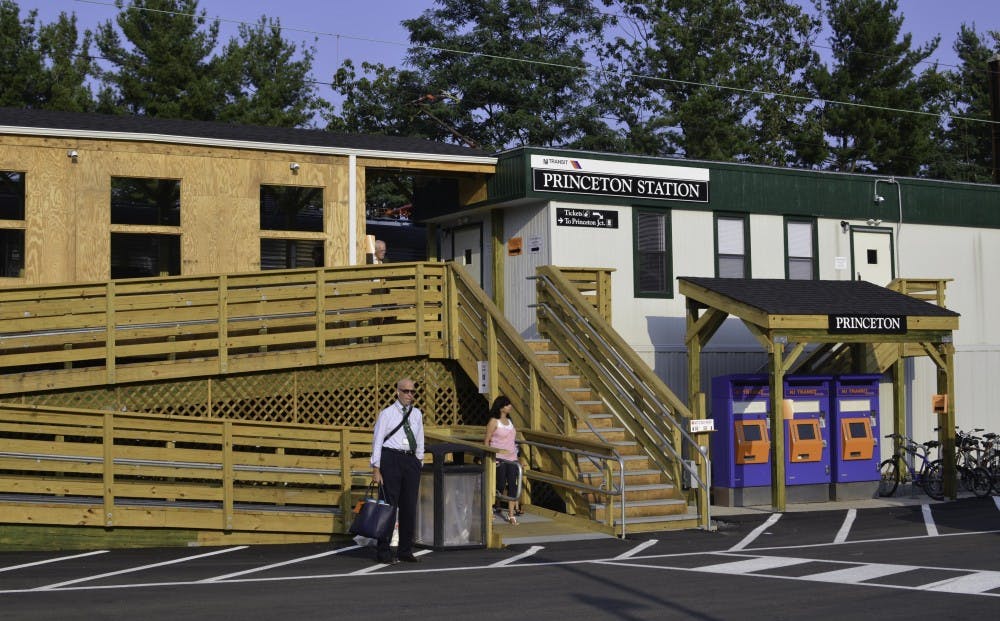The Centers for Disease Control and Prevention has given final approval for ameningitis vaccination campaignto commence at Princeton, the University announced in an emaillast week.
The vaccine will be made available to all undergraduate students, graduate students living in undergraduate dormitories, the Graduate College and annexes and other members of the University community with medical conditions predisposing them to meningococcal disease. It will only be available to these groups.
Two doses will be required for maximum protection. The first dose of the vaccine will be availableDec. 9 to 12fromnoon to 8 p.m.in the Multipurpose Room of Frist Campus Center. The second dose will be made available in February, although no specific dates have been announced.
The vaccine, Bexsero, is made by Swiss pharmaceutical company Novartis. It has not been licensed for use in the United States, although it has been approved for use in the European Union and Australia.It protects against meningococcal B, the type of bacteria responsible for the eight University-associated cases of meningococcal disease since March.
Separate arrangements will be made for students leaving or returning from study abroad to receive the vaccine.
The University is covering the full cost of the vaccine.Vaccination will not be mandatory, CDC spokeswoman Alison Patti said.
Of 259 students interviewed by The Daily Princetonian in November,76 percentsaid they planned to get the vaccine.
Reports that the University’s trustees were considering the importation of Bexsero surfaced onNov. 15, following the University’s announcement of the seventh case of meningitis. After this announcement, the meningitis outbreak became national news, appearing on several national broadcasts.
The first case in the meningococcal outbreak occurred on campus in March, whena female studentwho was returning from spring break became ill. The New Jersey Department of Health declared theresulting series of casesan "outbreak"after the fourth student fell ill in May.
The disease can be spread through close contact and sharing of saliva, including such actions as sharing cups or eating utensils,kissing, coughing or sneezing. Symptoms of the disease include a sudden onset of fever, a headache and a stiff neck.
New Jersey state law requires all college students living in dormitories to receive a licensed meningococcal vaccination before matriculation. Current FDA-licensed vaccines protect against serogroups A, C, Y and W-135, but not B.









